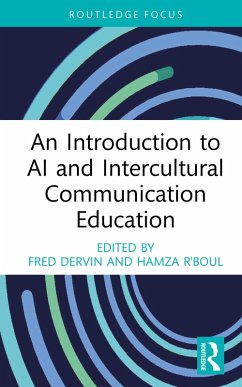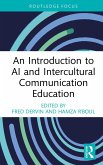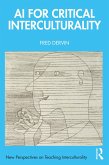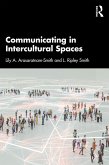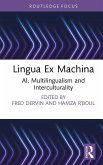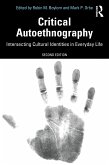Through diverse scholarly perspectives, the book examines how AI tools, ranging from language models such as ChatGPT and DeepSeek to generative image systems, could reshape the way we teach, research and conceptualise interculturality. While AI offers innovative opportunities for virtual exchanges, automated translation and accessible learning, it also risks reinforcing stereotypes, Western-centric epistemologies and reductive narratives if used uncritically. The contributors address pressing questions: Can AI facilitate decolonial and reflexive approaches to intercultural communication education, or does it inevitably reproduce dominant paradigms? How can educators harness the potential of AI while safeguarding against its pitfalls, such as algorithmic bias and the erasure of indigenous knowledge systems? Combining theoretical critique with case studies, the volume highlights the need for ethical frameworks that prioritise epistemic justice, pluralistic perspectives and human agency in AI-assisted intercultural communication and education.
This book is an indispensable resource for students, researchers and educators interested in the complexities of technology-mediated learning, as well as the broader fields of higher education, intercultural studies and internationalisation and globalisation.
Dieser Download kann aus rechtlichen Gründen nur mit Rechnungsadresse in A, B, BG, CY, CZ, D, DK, EW, E, FIN, F, GR, HR, H, IRL, I, LT, L, LR, M, NL, PL, P, R, S, SLO, SK ausgeliefert werden.

